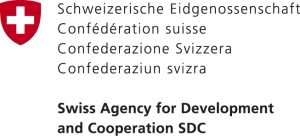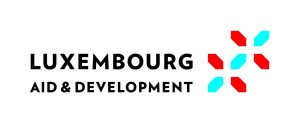In 2025, Open Data Kosovo (ODK), in collaboration with Arcus, has launched a strategic initiative to enhance the cybersecurity capabilities of Kosovo’s independent media outlets and civil society organizations (CSOs). This program addresses the pressing challenges posed by escalating cyber threats and disinformation campaigns that threaten public discourse and democratic processes. By focusing on strengthening the resilience of local CSOs and media organizations, the initiative aims to empower them to effectively combat cyber threats.
A key objective of this initiative is to not only fortify the cybersecurity defenses of these entities but also to advance the skills of ethical hackers in Kosovo. By enabling them to identify vulnerabilities and reinforce security measures, the program contributes to a more secure digital environment. Additionally, this effort plays a crucial role in educating partners and the public about cybersecurity, fostering a culture of awareness and proactive defense.
Key activities:
Phase 1. Conduct Comprehensive Cybersecurity Assessments: Establish a detailed baseline of the current cybersecurity posture for the 10 selected media and CSOs. This includes a wide range of critical cybersecurity domains, from data protection and network security to disinformation defense and physical security.
Phase 2. Deliver Customized Interventions: Design and implement interventions tailored to the identified weaknesses from the baseline assessments. These sessions are aimed at equipping organizations with the necessary tools and knowledge to defend against cyber threats.
Phase 3. Measure Improvement and Impact: Perform quantitative and qualitative reassessments post-intervention to evaluate the improvement in cybersecurity posture. This activity will highlight the effectiveness of the training and the interventions implemented.
Phase 4. Compile and Disseminate a Comprehensive Cybersecurity Report: Produce and share a detailed report that incorporates the findings from the initial assessments, the training impact, and actionable policy recommendations. This report is intended to influence future cybersecurity policies and contribute to a culture of data-driven decision-making among stakeholders.
This initiative is part of the “Cybersecurity Capacity Building in the Western Balkans” project, funded by the European Union and led by the e-Governance Academy (eGA). The project aims to enhance cyber resilience in the Western Balkans by improving cybersecurity prevention, preparedness, and response among relevant public and private stakeholders.
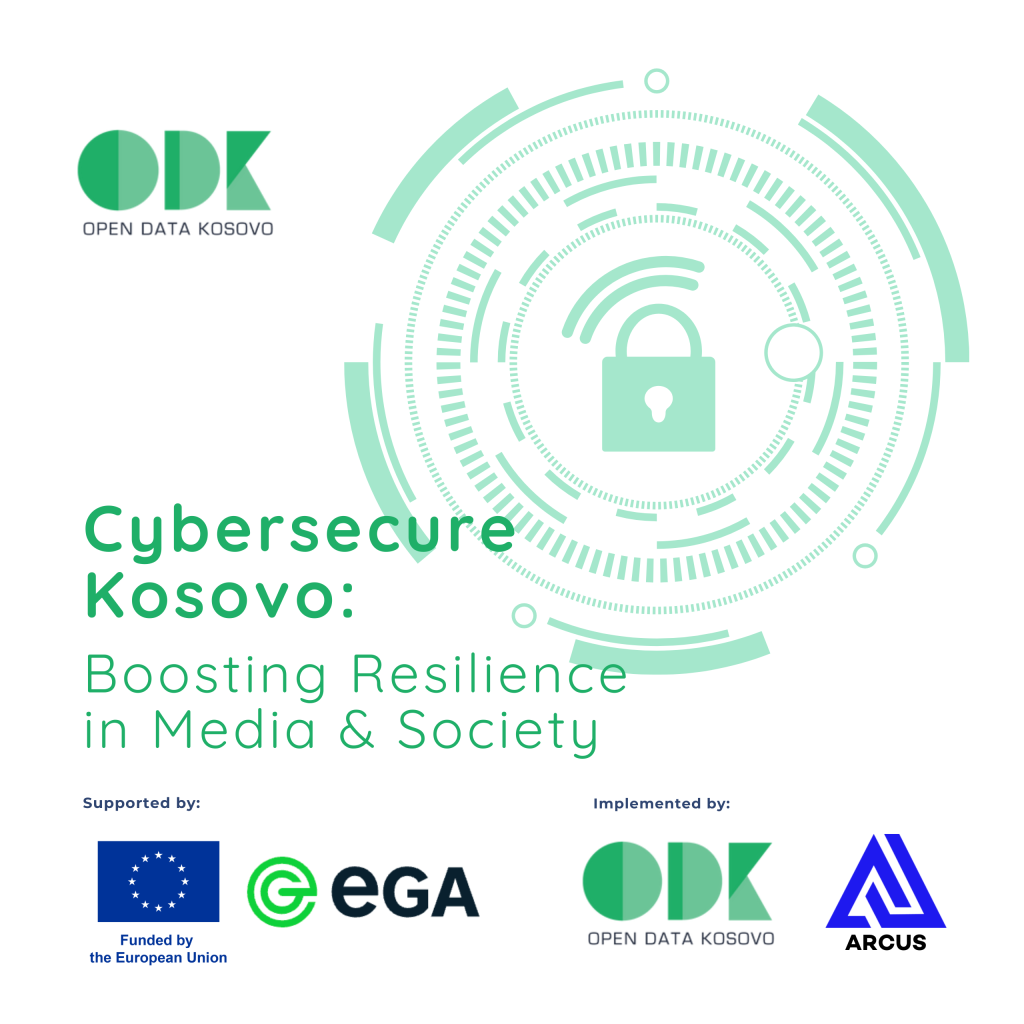





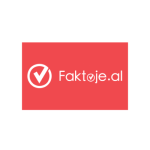



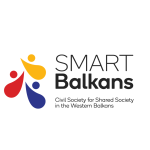













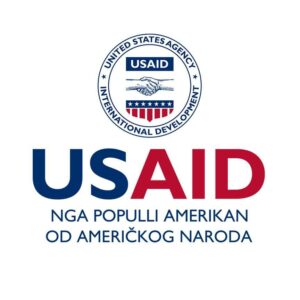
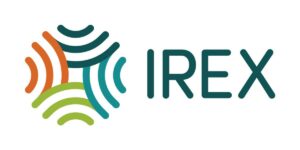
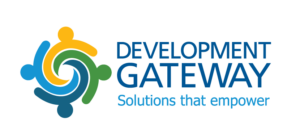
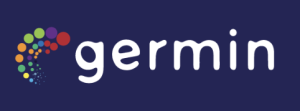

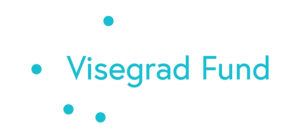
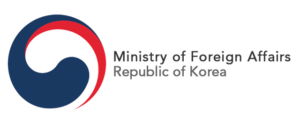

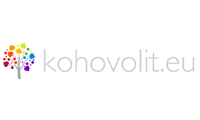


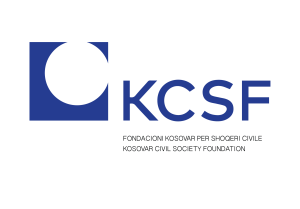 .
. 